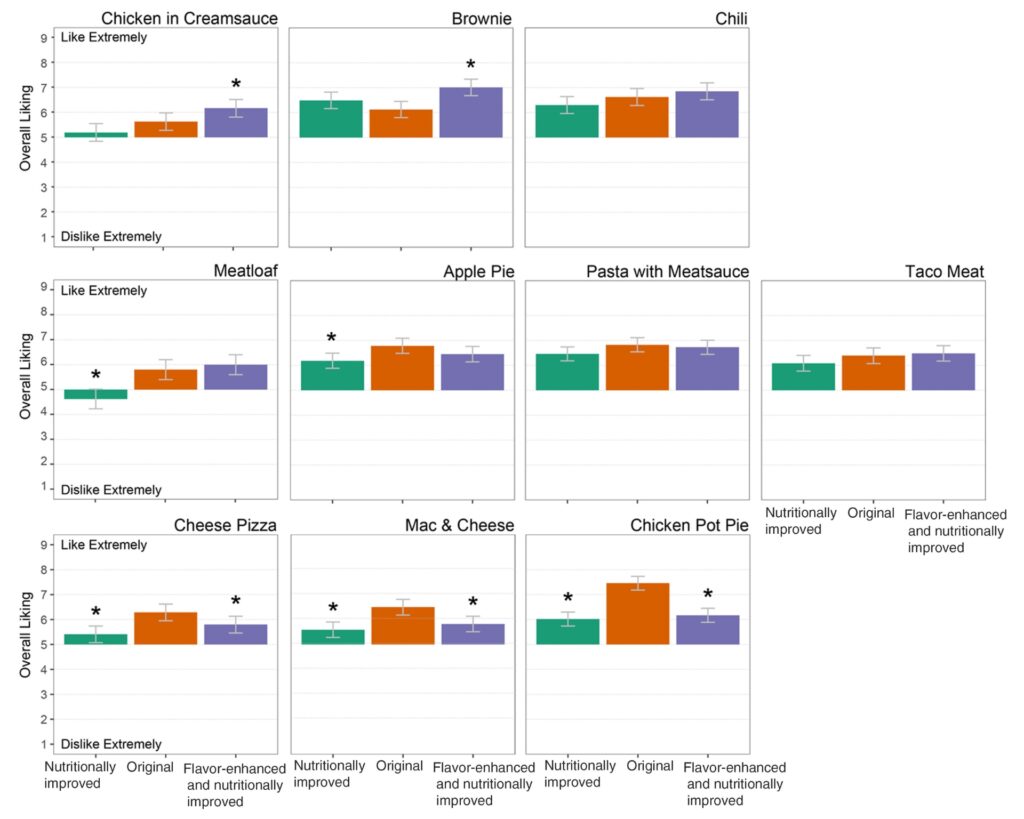The Power of Spices
Enhancing food options with an assortment of herbs and spices may encourage people to eat healthy, nutrient-rich meals without all the sodium.

Read Time: 2 minutes
Published:
Most of us rely on staple spices and herbs like garlic powder and Italian seasoning when cooking. By putting more consideration into how we spice our food, we may be able to create healthier meals.
Kristina Petersen and her colleagues conducted a blind taste test to explore whether adding herbs and spices could make healthier versions of common foods more appealing. They modified recipes to reduce sodium, saturated fat, and sugar, substituting them with natural herbs and spices.
In the study, adults sampled three versions of each food: the original, a nutritionally improved version, and the improved version enhanced with herbs and spices. For example, participants compared the original mac and cheese to a version with less butter and salt, skim milk, and less American cheese, and also to a healthier variation that included spices like paprika.

The figure above displays the average ratings for each item across the three versions tasted. The versions with added herbs and spices received higher enjoyment ratings. For instance, the original chicken with cream sauce scored 5.63 out of 9, the nutritionally improved version scored 5.19, and the herb-enhanced version scored 6.17. This suggests that incorporating herbs and spices can significantly increase the appeal of healthier foods.
Reformulating foods with herbs and spices can lower the intake of saturated fat and sodium, positively impacting individual health by reducing high blood pressure and cardiovascular disease risk. These findings support public health recommendations from organizations like the World Health Organization advocating for sodium reduction.
Despite recommendations, many people still prefer foods high in sugar, saturated fat, and sodium due to their flavor. Encouraging the use of herbs and spices in home cooking and within the food industry can lead to the creation of lower-sodium and lower-fat products that are flavorful, appealing, and fit with public health goals of reducing unhealthy nutrient intake.



